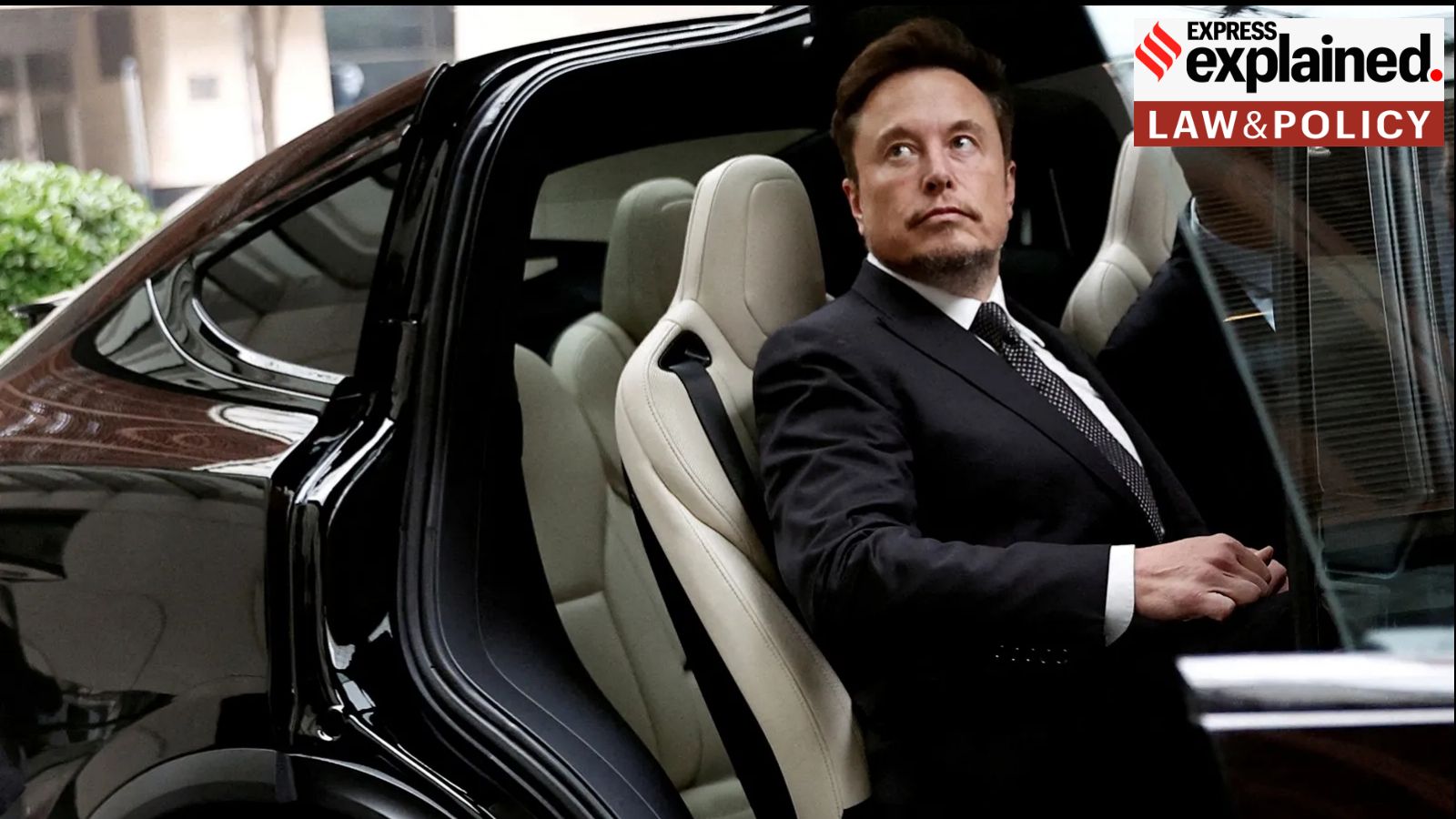X Challenges India's Content Moderation via Section 79, Seeks x Transparency
The challenge by X has sparked a debate on the regulation of social media content in India, with many arguing that the government's approach to free speech is subjective and overprotective. The use of Section 69A of the IT Act, which allows for content blocking with no structured process, is a major concern, and X's petition seeks to address this issue and promote a more transparent and fair approach to content moderation.

The Indian government's use of Section 79(3)(b) of the IT Act to moderate and order the removal of content on social media has been challenged by X, the company formerly known as Twitter, in the Karnataka High Court. X argues that this provision bypasses safeguards available under Section 69A, which is specifically meant for content moderation and requires the government to follow a structured process.
The government's use of Section 79(3)(b) allows it to issue orders for blocking content without going through the process outlined in Section 69A, which requires the Centre to deem the content "necessary" and record its reasons. This process is meant to prevent misuse and ensure that the government's actions are justifiable under Article 19(2) of the Constitution. X's challenge is supported by the Supreme Court's ruling in Shreya Singhal v Union of India (2015), which struck down Section 66A of the IT Act and clarified the application of Section 69A and Section 79.
The case has significant implications for the regulation of social media content in India, particularly in the context of the government's increasing use of technology to control online speech. The outcome of the case will determine the limits of the government's power to regulate online content and the extent to which intermediaries like X can be held liable for user-generated content. Rajeev Chandrasekhar, a BJP leader, stated that X has the right to move the Karnataka High Court to challenge what it believes is unlawful.
The global decline of free speech is a growing concern, with India being no exception. The country has never supported absolute freedom of speech, as seen in its handling of extreme opinions. The petition filed by X highlights the issue of arbitrary executive orders that block content without due process, and the company seeks to challenge the government's censorship and promote transparency in content moderation.